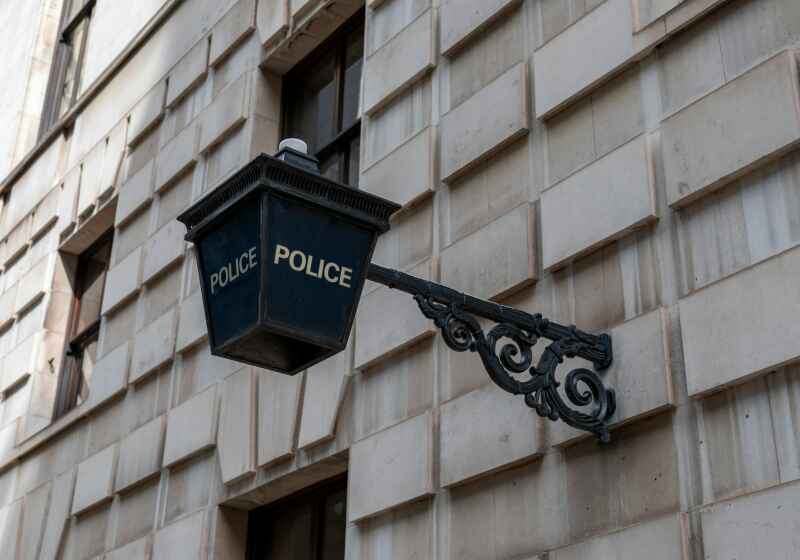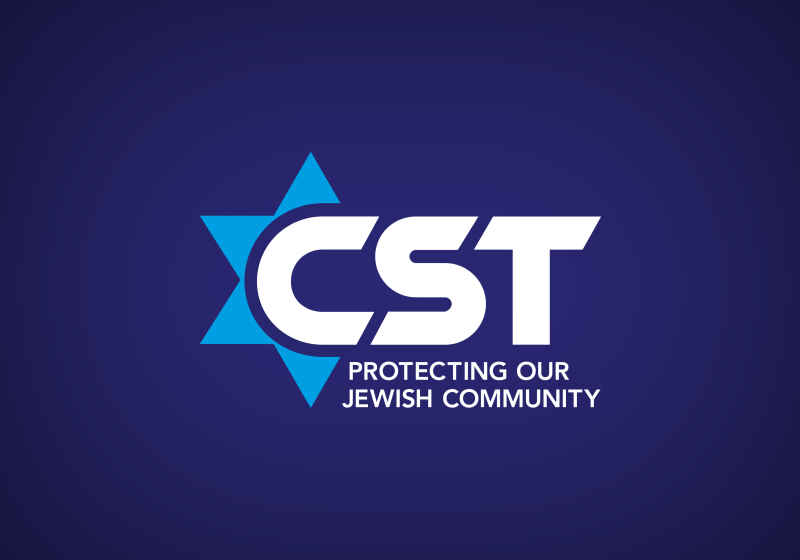CST Blog
Charlie Hebdo: Security, Liberty, Democracy
8 January 2015
CST utterly condemns yesterday's terrorist murder of 12 people at the office of the French satirical magazine, Charlie Hebdo, and our thoughts are with the families of those killed and injured. We wish every success for the French authorities' efforts to locate and arrest those responsible.
Jihadist terrorism in Europe is not new, but yesterday's attack feels different because it was so targeted, and its primary target was not an arm of the state or the military but the simple, taken-for-granted practice of free expression. There are many reasons why people join jihadist groups and various reasons are given by them and others to explain their actions. At root, though, the clash between jihadists and democracies is one of values.
The fact that those murdered in yesterday's attack were journalists and Police officers emphasises this point. Freedom of speech and the rule of law are two fundamental core values of democracy, and no democracy can function without either profession. Nothing more clearly illustrates the relationship between liberty and security: without security, there is no liberty.
The violence of ISIS and al-Qaeda (and their European followers) is not simply a reaction to grievances, although they play their part: it expresses a positive, utopian worldview that justifies endless murder for the creation of a new, better world. It attracts young people seeking a cause and needs to be countered not only with hard power, but with an alternative cause: one that is proud of the achievements and advantages of secular democracy and champions the idea of diverse yet cohesive Western societies.
In fact, there is nothing new about jihadists using violence and murder to silence those who they feel have offended Islam or Muhammad. It is 26 years since Iran's Ayatollah Khomeini issued a fatwa calling for the murder of British novelist Salman Rushdie for writing The Satanic Verses. Rushdie survived in hiding, but others suffered: Hitoshi Igarashi, the novel's Japanese translator, was stabbed to death; its Norwegian publisher, William Nygaard, was shot and seriously injured; Ettore Capriolo, its Italian translator, was also nearly killed. Several bookstores in Britain and elsewhere were attacked. In Turkey, 37 people died when a hotel was set on fire by a mob seeking to kill the book's Turkish translator, Aziz Nesin.
More recently, Theo van Gogh was murdered in Holland in 2004 and in 2009, two British Islamists were jailed for trying to burn down the publisher of the novel The Jewel of Medina. Jihadist terrorism will continue to target cartoonists, journalists, writers and publishers, because jihadists believe that they are fighting a war of values, even if some in the West do not.
Combined with the act of supposed vengeance on Charlie Hebdo is the deliberate intimidation of others. Journalists and editors around the world put themselves, their staff and their families at risk if they publish material that jihadist murderers deem to be offensive. They put their professional principles - their very purpose - at risk if they do not. It is an unenviable dilemma and publication requires real courage. Failure to publish, though, causes less tangible damage to all of our rights and freedoms. Self-censorship only encourages further intimidation.
Those (mercifully few) journalists who have argued that Charlie Hebdo provoked the jihadists by unnecessarily lampooning and insulting Islam and Muhammad, appear not to understand that yesterday's mass murder was an attack on all journalists, including them, and on the very idea of journalism.
Implicit in a democracy is the inevitability of causing offence. There is no right not to be offended, and there is a difference between material that causes offence and that which incites hatred or violence. The latter is illegal; the former may be hurtful, but it is not criminal. At the same time, I have the right to explain that something offends me, but that does not translate into a right to have it censored, nor should it be assumed that the feeling of offence automatically includes a desire to see the offending material banned. Thus, in the UK, Holocaust Denial is prosecuted where it can be shown to incite racial hatred of Jews, not because it causes offence to Jews.
In a way, Charlie Hebdo did 'provoke' the jihadists: it deployed the freedom of thought, mischievous humour and irreverent insults that are found in all satire. Such qualities are a provocation to anyone who demands passive obedience to authority and power. One such example is Anjem Choudhary, absurdly given column space in USA Today:
Contrary to popular misconception, Islam does not mean peace but rather means submission to the commands of Allah alone. Therefore, Muslims do not believe in the concept of freedom of expression, as their speech and actions are determined by divine revelation and not based on people's desires.
Contrast this with Inayat Bunglawala, previously a supporter of the fatwa on Salman Rushdie, writing on his blog today:
Everyone must have the right to satirise religions and religious figures without exception. And that includes Islam and the Prophet Muhammad. The freedom that makes it a pre-requisite to be allowed to satirise others is the very same freedom that protects fearless scientific inquiry and progress. It is the very same freedom that acts as a painful thorn in the backside of dictators and autocrats and two-faced politicians everywhere.
Ultimately, freedom is very much in the interests of Islam and those Muslims who crave genuine progress.
I rarely agree with anything Bunglawala writes, but he understands that minorities in Western societies are obvious beneficiaries of the freedom to speak and act against suppressive power; and that secular liberal democracy is the greatest protector and guarantor of all religious freedoms.
This clash of values, then, is not a simplistic conflict between Muslims and non-Muslims, or between Islam and democracy. It is a clash between those who embrace the advantages of democracy and pluralism (which includes most Western Muslims) and those who would use violence and intimidation to suppress diverse forms of thought, action and worship. Those who prefer the former need to defend them. I can do no better than to quote Michael Walzer on this point:
The encounter with Islamic radicalism, and with other versions of politicized religion, should help us understand that high among our interests are our values: secular enlightenment, human rights, and democratic government.
Jihadist terrorism will endure, and it will continue to be fuelled by Western Muslim recruits. The crucible of Syria and Iraq ensures this is the case. As we have seen previously in France and elsewhere, the ideology and worldview that justifies killing cartoonists also justifies killing many other people, including Jews. It is the reason why CST does its work: why we have over a thousand volunteers protecting their synagogues, schools and communal events; and why CST has installed £5 million worth of security equipment at communal buildings around the UK. It is clear that this threat will not diminish anytime soon and we must all work together to stand against it.

